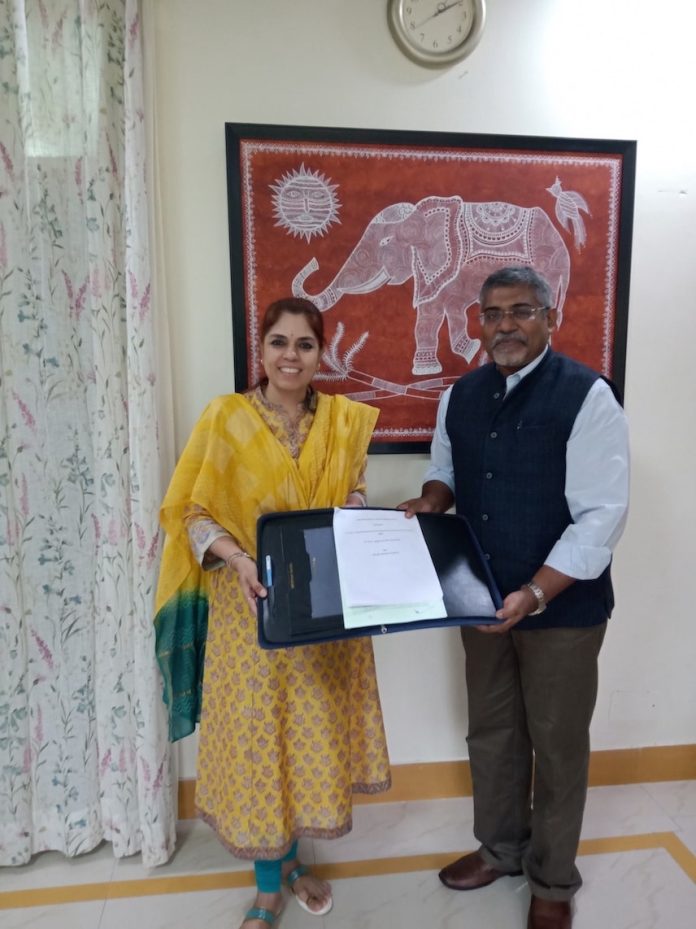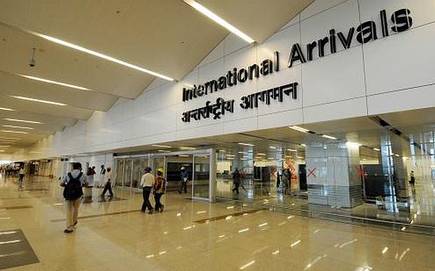Raigad, India: Sanjay Prakash, Managing Director of SBI Foundation, today launched ‘SBI Sammaan – Homage to the National Heroes’ program in Gagode Budruk to pay tribute to ‘Bharatratna’ Vinoba Bhave.
SBI Foundation launches ‘SBI Sammaan’ in Gagode Budruk, paying tribute to Vinoba Bhave with key developmental initiatives aimed at uplifting the local community
Sammaan is a unique program series initiated by SBI Foundation to pay homage to some prominent personalities from various parts of the country, by carrying out developmental activities in their native villages. Vinoba Bhave is one amongst the freedom fighters identified for the Sammaan program and various developmental activities are being carried out in Gagode Budruk, his birthplace.
Upgradation of the Government Schools and Anganwadis, installation of drinking water filters, solar street lights, dustbins, and the establishment of a stitching training center are some of the activities which have been initiated so far. Additionally, ‘Vinoba Bhavan’, a community center has been set up for information dissemination and facilitating online services. SBI Foundation has partnered with ANARDE Foundation, a non-profit organization for implementation of this CSR program.
Sanjay Prakash shared, “Sammaan is a unique initiative aimed at honoring renowned freedom fighters, war veterans, and public heroes by carrying out developmental activities in their native places. Vinoba Bhave ji is a towering figure in India’s Independence movement, and we are pleased to pay our humble homage through the Sammaan program in Gagode Budruk.”
Naveen Misra, Deputy General Manager of SBI Mumbai East Zone stated, “Vinoba Bhave pioneered the Boodhan movement for the landless and his ‘Sarvoday’ philosophy is lauded across the world. We are proud to contribute towards the development of his village and hope that these initiatives will benefit the local communities.”
Nita Mahuvakar, CEO of ANARDE Foundation expressed, “This is a novel program, especially given the dire need for such interventions in the area. We extend our gratitude to the Gagode Panchayat and other stakeholders for their support and active involvement in the efforts being carried out in memory of the great visionary from their village.”
Shivaji Phadtare, DYSP Pen, Smt. Savita Kamble ABDO Pen, Smt. Vrushali Patil, Administrator of Gagode Panchayat, Shri. Vijay Diwan of Vinoba Janmasthan Pratishthan and the local communities were present during the event.

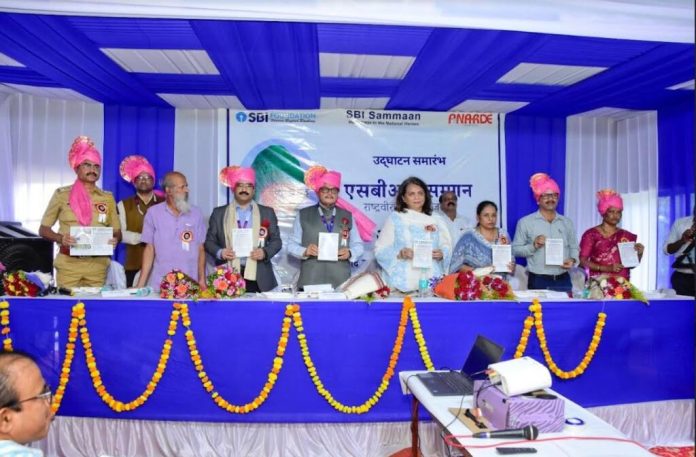

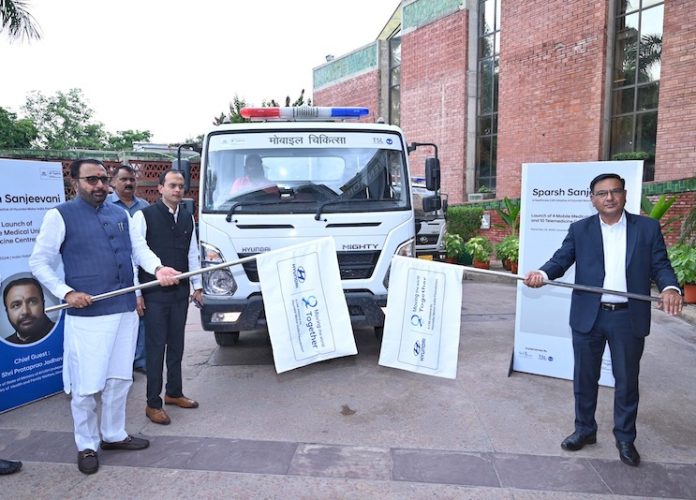
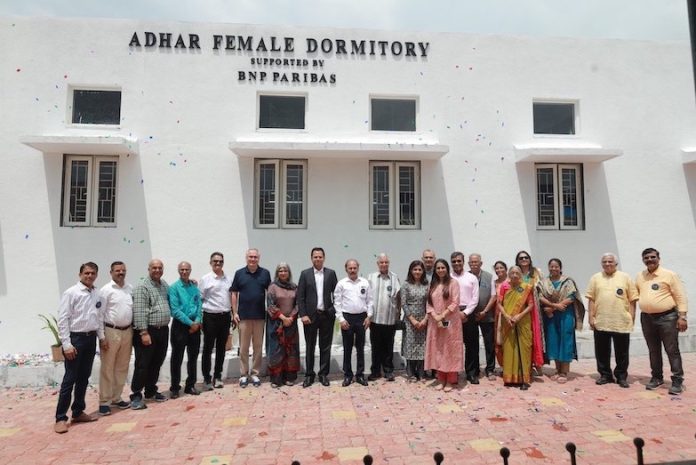
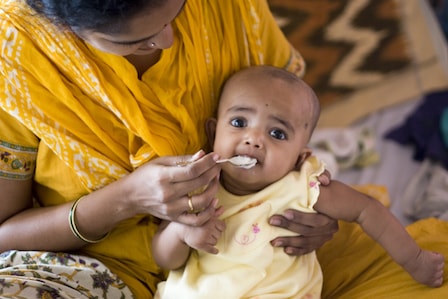

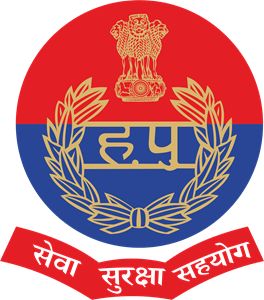
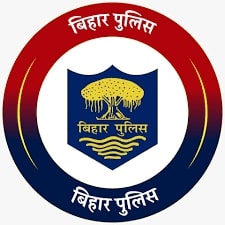
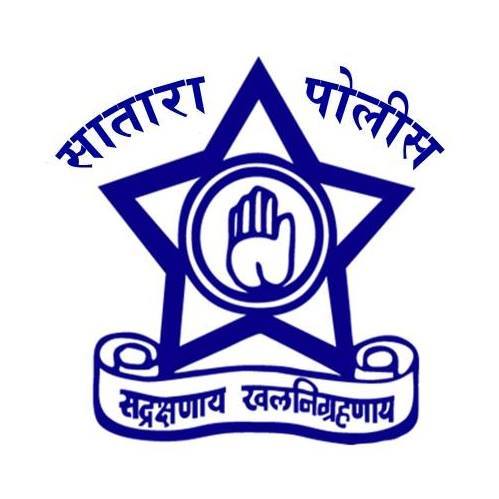
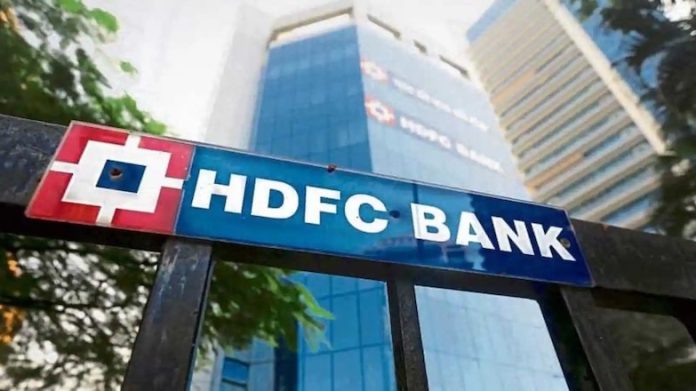
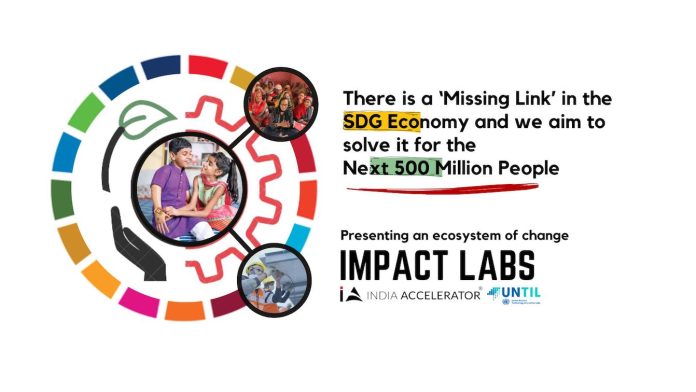

 Naresh Mansukhani, Chief Executive Officer, Juniper Green Energy has experience in technology, engineering, design and cost innovation, business development, procurement, commercial operations, and statistical analysis. He has 32 years of experience and is responsible for the complete business cycle of the division from securing business to successful execution and successful operations for the duration of PPA.
Naresh Mansukhani, Chief Executive Officer, Juniper Green Energy has experience in technology, engineering, design and cost innovation, business development, procurement, commercial operations, and statistical analysis. He has 32 years of experience and is responsible for the complete business cycle of the division from securing business to successful execution and successful operations for the duration of PPA.